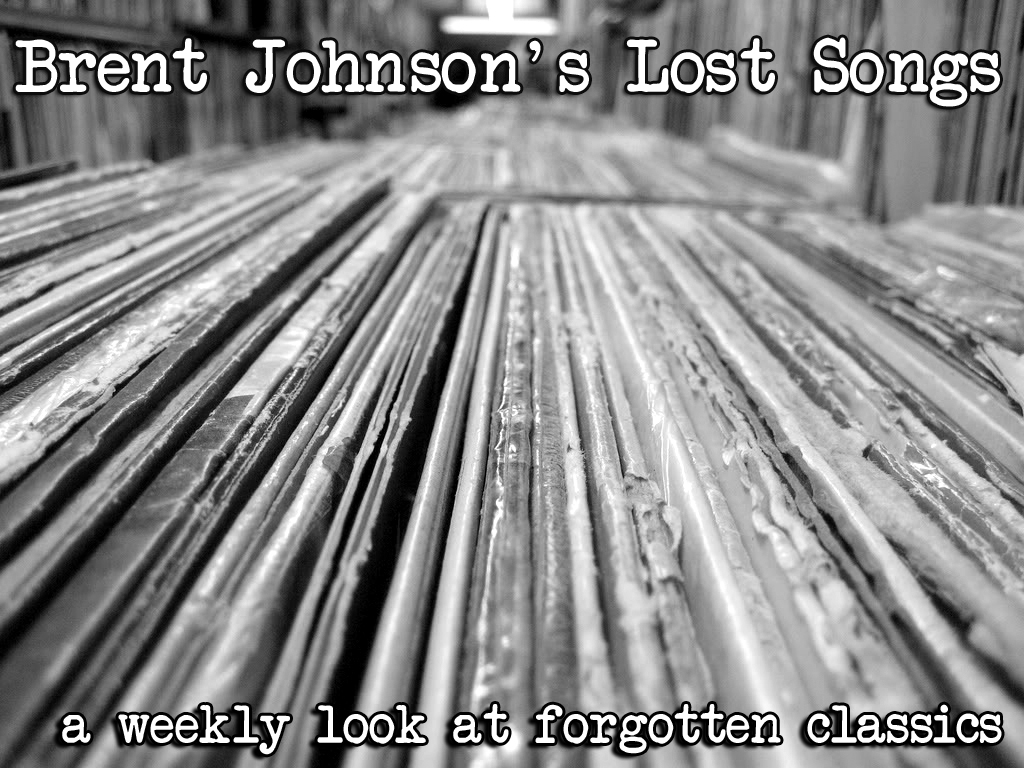brent johnson digs up a pair of lost treasures from Elton John, before he was the Rocket Man …
If I say the name ‘Elton John,’ what’s the first thing you think of?
After rediscovering some of my old Elton CDs on a long drive recently, I’ve spent the last week asking my friends that question. And the answers have been all over the place. Some say ‘Rocket Man.’ Some say ‘Crocodile Rock.’ Some say wild clothes and silly glasses. Some say The Lion King. One even said Gnomeo & Juliet.
John has had such a long, storied, varied career that his music means different things to different generations. He’s been a grandiose pop star, an adult-contemporary crooner, a comeback story, a Disney composer, a Tony award winner.
But before all of that, he was a plain-clothed, piano-playing singer-songwriter. And that’s the Elton John few people think of.
At the dawn of the 1970s, when The Beatles were falling apart and the colorful Summer-Of-Love ethos were fading away, the pop world turned to artists like James Taylor, Carole King and Paul Simon. They played organic, sometimes largely acoustic songs. And Elton John joined the fray with his first hit: a pretty little love ballad called ‘Your Song.’
His self-titled debut album was filled with British folk, medieval harpsichord and even a cello solo. Take ‘Sixty Years On,’ for example — a sad lament on old age, with haunting words by Bernie Taupin (John’s longtime lyricist) and stabs of strings from what sounds like an angry orchestra. It’s almost terrifying.
John’s next two albums had no Top 10 hits. 1970’s Tumbleweed Connection was a soulful and countrified concept record about the American old west. 1971’s Madman Across The Water had songs about American Indians and Holiday Inns. In the ’70s, they called musicians like this ‘album artists’ — serious songwriters who cared more about a collective record than a radio single. But John is such a strong melodicist that every one of those early records brim with tracks that sparkle. Like ‘All The Nasties,’ which shifts from minor-key piano dirge to gospel pop in a matter of seconds.
Of course, all of this soon changed. In 1972, John began writing more concise, pop-friendly tunes like ‘Honky Cat’ and ‘Daniel.’ He started wearing feathers on stage and singing about Bennie and her Jets. By the mid-1970s, he had six No. 1 singles.
But if you ever yearn to see his talent stripped down and subtle, toss on a record by young Elton John. It’s charming in a different way.


